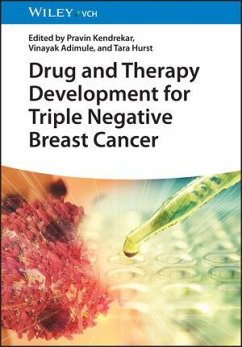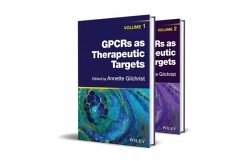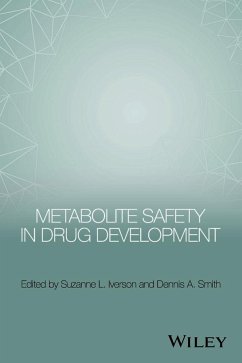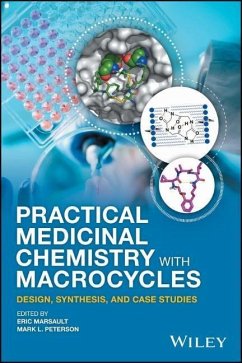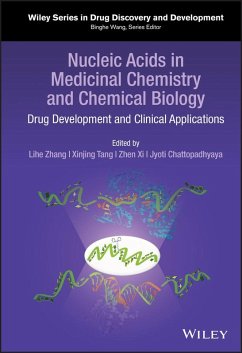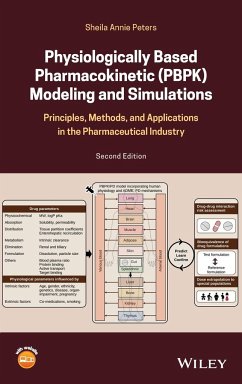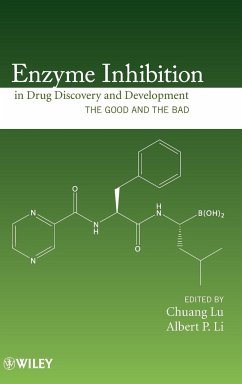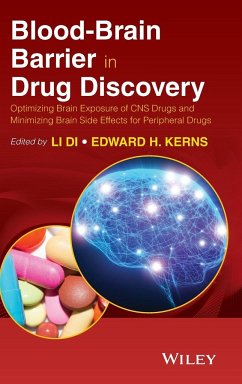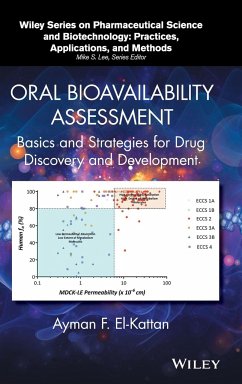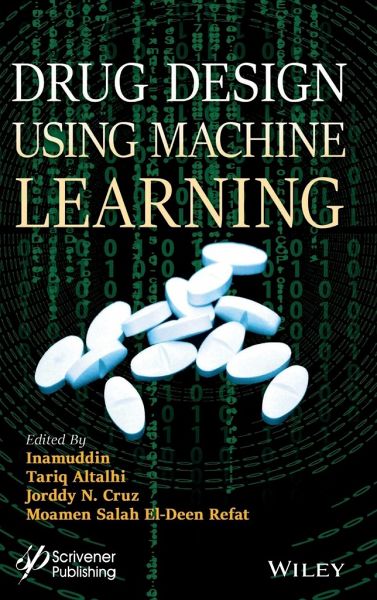
Drug Design Using Machine Learning
Versandkostenfrei!
Versandfertig in über 4 Wochen
198,99 €
inkl. MwSt.
Weitere Ausgaben:

PAYBACK Punkte
99 °P sammeln!
DRUG DESIGN USING MACHINE LEARNINGThe use of machine learning algorithms in drug discovery has accelerated in recent years and this book provides an in-depth overview of the still-evolving field.The objective of this book is to bring together several chapters that function as an overview of the use of machine learning and artificial intelligence applied to drug development. The initial chapters discuss drug-target interactions through machine learning for improving drug delivery, healthcare, and medical systems. Further chapters also provide topics on drug repurposing through machine learning,...
DRUG DESIGN USING MACHINE LEARNING
The use of machine learning algorithms in drug discovery has accelerated in recent years and this book provides an in-depth overview of the still-evolving field.
The objective of this book is to bring together several chapters that function as an overview of the use of machine learning and artificial intelligence applied to drug development. The initial chapters discuss drug-target interactions through machine learning for improving drug delivery, healthcare, and medical systems. Further chapters also provide topics on drug repurposing through machine learning, drug designing, and ultimately discuss drug combinations prescribed for patients with multiple or complex ailments.
This excellent overview
_ Provides a broad synopsis of machine learning and artificial intelligence applications to the advancement of drugs;
_ Details the use of molecular recognition for drug development through various mathematical models;
_ Highlights classical as well as machine learning-based approaches to study target-drug interactions in the field of drug discovery;
_ Explores computer-aided technics for prediction of drug effectiveness and toxicity.
Audience
The book will be useful for information technology professionals, pharmaceutical industry workers, engineers, university researchers, medical practitioners, and laboratory workers who have a keen interest in the area of machine learning and artificial intelligence approaches applied to drug advancements.
The use of machine learning algorithms in drug discovery has accelerated in recent years and this book provides an in-depth overview of the still-evolving field.
The objective of this book is to bring together several chapters that function as an overview of the use of machine learning and artificial intelligence applied to drug development. The initial chapters discuss drug-target interactions through machine learning for improving drug delivery, healthcare, and medical systems. Further chapters also provide topics on drug repurposing through machine learning, drug designing, and ultimately discuss drug combinations prescribed for patients with multiple or complex ailments.
This excellent overview
_ Provides a broad synopsis of machine learning and artificial intelligence applications to the advancement of drugs;
_ Details the use of molecular recognition for drug development through various mathematical models;
_ Highlights classical as well as machine learning-based approaches to study target-drug interactions in the field of drug discovery;
_ Explores computer-aided technics for prediction of drug effectiveness and toxicity.
Audience
The book will be useful for information technology professionals, pharmaceutical industry workers, engineers, university researchers, medical practitioners, and laboratory workers who have a keen interest in the area of machine learning and artificial intelligence approaches applied to drug advancements.




